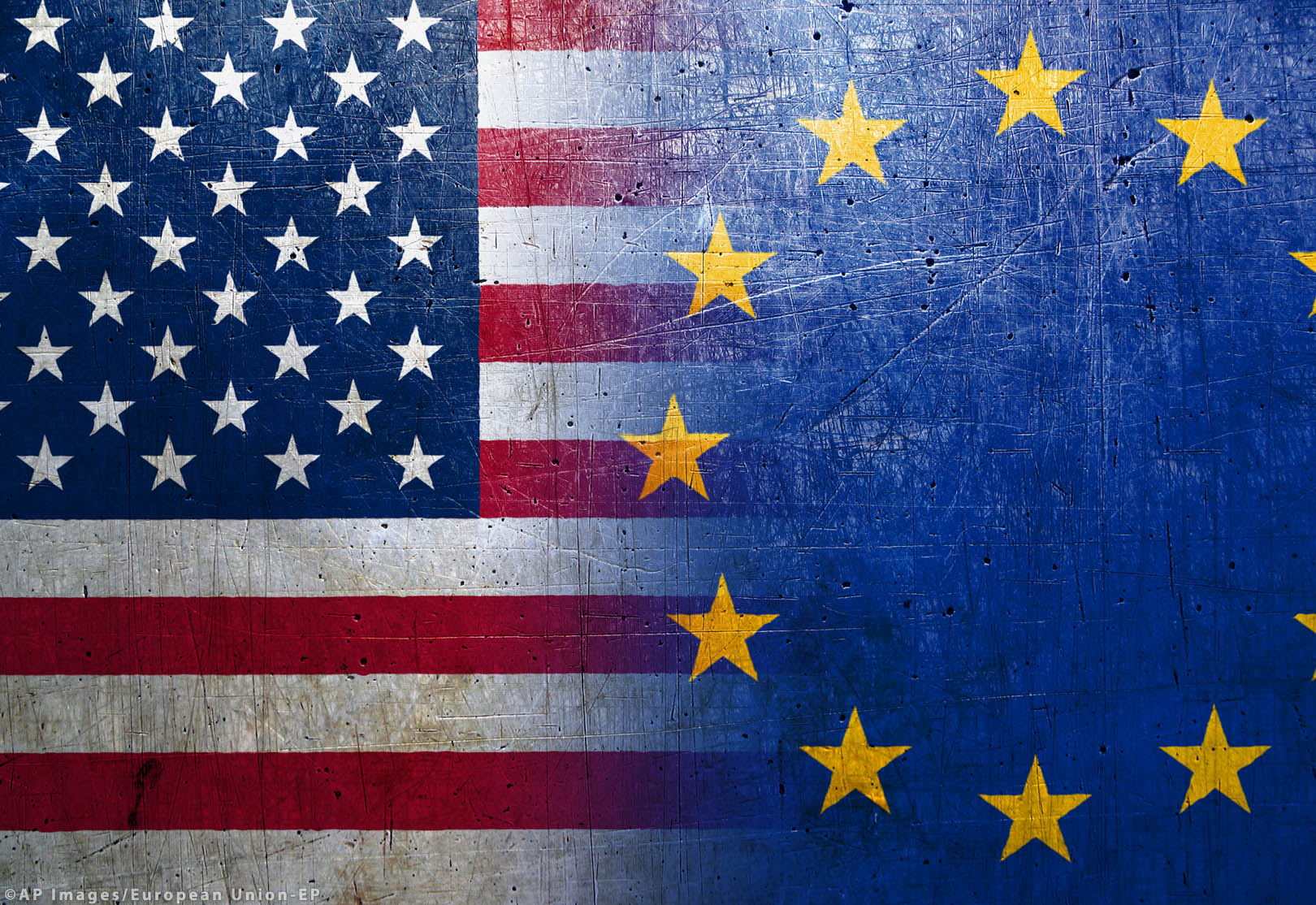
Breaking the law of opposite effects: Europe’s Strategic Autonomy and the revived Transatlantic Partnership

The post-Cold War transatlantic relations have been marked by something akin to the law of opposite effects. When the relationship is vibrant, Europe’s defence cooperation stagnates. When the relationship is in trouble, Europeans pull themselves together to advance their security and defence interests. During the Clinton presidency, Europeans comfortably outsourced military crisis management in the Balkans to Washington. In contrast, a major transatlantic rift over the Iraq war during the Bush administration triggered the adoption of the European Security Strategy and a bulk of EU military operations under the banner of the European Security and Defence Policy. EU-US relations were back on an even keel during the Obama era, the time when Europeans haphazardly reduced their defence budgets and lost a great share of their military capabilities.
Enter Donald Trump. During the deepest crisis of confidence among transatlantic allies in decades, Europeans re-energized their defence integration with a set of new initiatives, such as permanent structured cooperation (PESCO) and the European Defence Fund (EDF). It is therefore somewhat logical and far from unexpected that when Joe Biden emerged as the winner of the 2020 US presidential elections, there is yet again a heightened risk that Europeans would fall back into a lazy, self-defeating mindset of dependency on the US military shield. Breaking this pattern of reverse effects and avoiding European complacency is crucial for a healthy transatlantic partnership, but it requires concerted efforts on both sides of the Atlantic.
(Photo credit: EP)